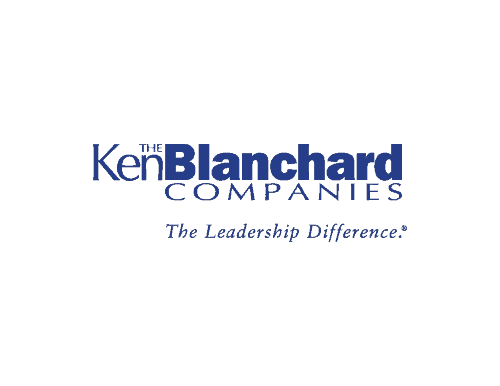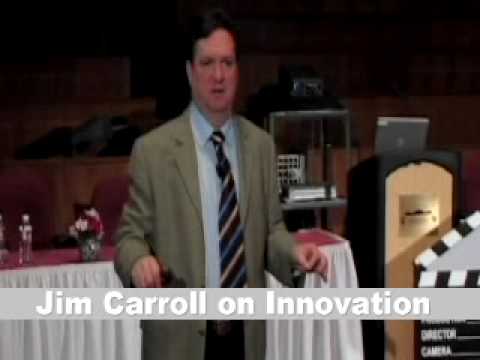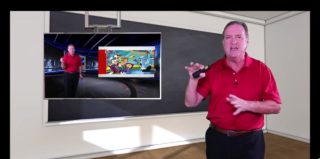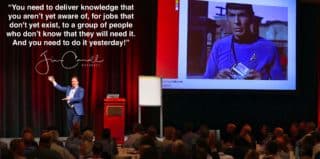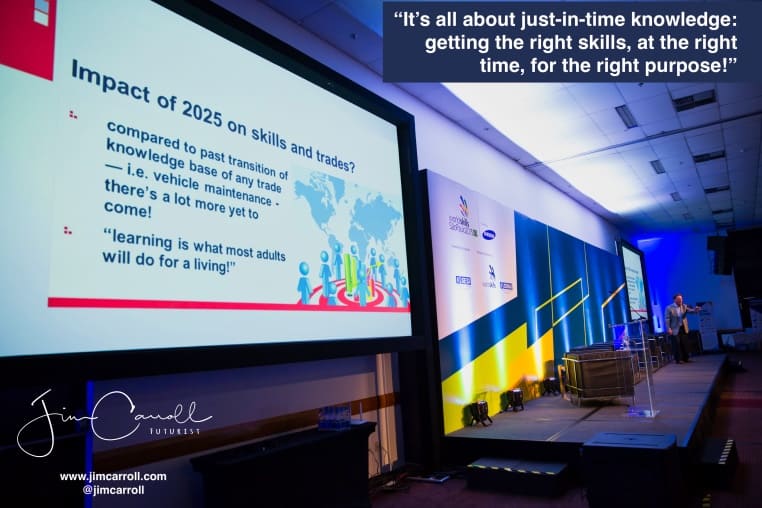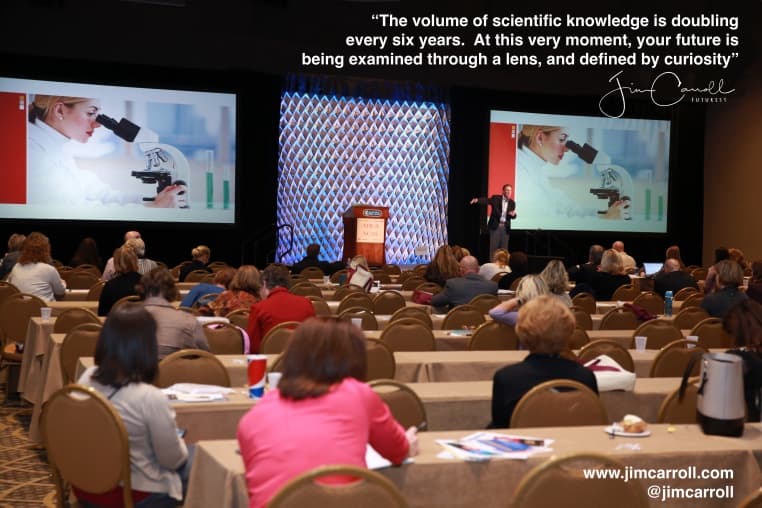Sixty-five percent of the children who are in preschool today will work in a job or career that doesn’t yet exist. Half of what students learn in their first year at college is obsolete or revised — by the time they graduate. Fifty percent of the US gross domestic product will be taken up by training and knowledge activities within the decade. With all of these changes at hand, futurist, trends and innovation expert Jim Carroll helps some of the world’s leading educational organizations and institutions make sense of this rapidly evolving future.
Jim challenges audiences to think about innovation in the education sector in a way that takes on bold goals to deal with a reality that has rapid knowledge obsolescence and emergence, the disappearance of existing careers and the emergence of new careers, an ongoing need for continuous knowledge replenishment and the migration of knowledge generation further away from academia. There’s a massively increased challenge from overseas knowledge generation, the fast emergence of new micro-careers, an economy that succeeds through knowledge deployment, and a fundamental transformation in the role of educational institutions. In other words: much of the education structure that we have in place today doesn’t match the reality of what we really need to do, given the rapid change occurring in the fundamentals of knowledge—which is why innovative thinking in the field of education today is more important than ever before.
In this keynote presentation, Jim provides concise insight that links a wide variety of global, social, demographic, scientific, technological, business, and other trends to the impact on education. He provides an understanding of the velocity of change impacting the industry, and why we need to rethink the context of “how we teach” in light of the realities that have knowledge growing exponentially, the foundation of knowledge generation forever changed, and global social networks challenging traditional education delivery models. The reality is that the exponential growth of knowledge leads to massive career specialization—we are in the midst of a fundamental structural organizational and career change, and right now, it’s all about “just-in-time knowledge.”





